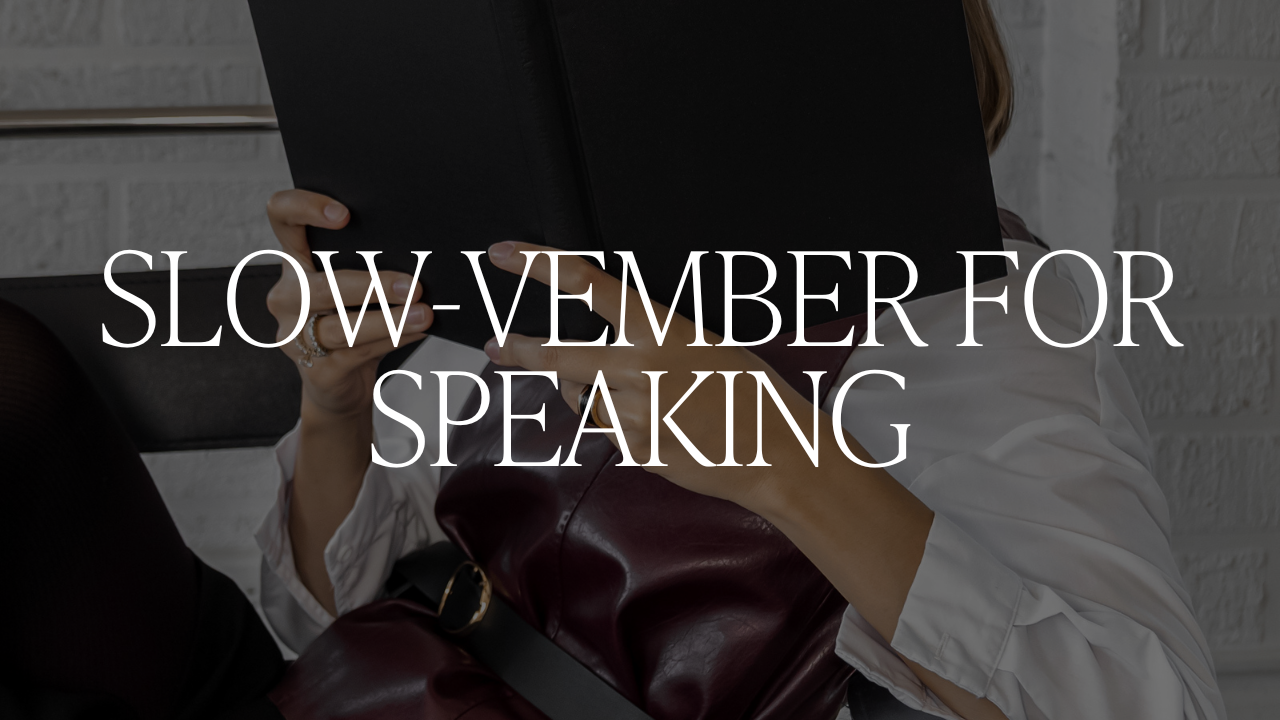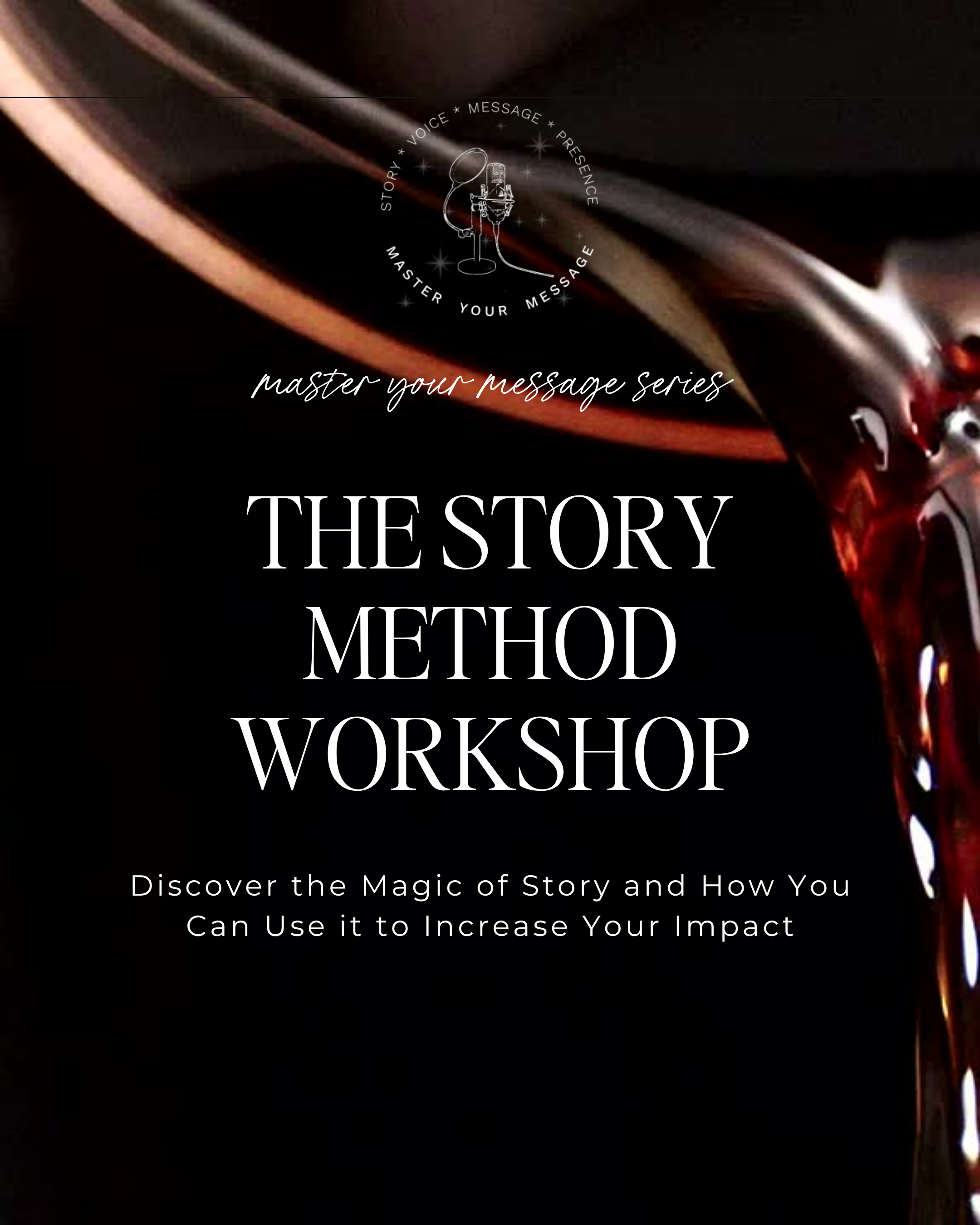SLOW-vember: Why Slowing Down Makes You a More Trusted Voice

I don’t know if it’s me getting older—or just being tired of the noise—but I can’t stand speed anymore.
Speed in how we talk.
Speed in how we chase success.
Speed in how we try to build relationships overnight.
Everywhere you look—especially online—we’re told speed is the key to success.
Post faster. Respond quicker. Say something before someone else does.
But here’s the truth: fast talkers might get attention.
Slow, intentional speakers build trust.
🎧 Want to go deeper? Listen to the full episode on the Speak Like It Matters podcast for a deeper dive into all five habits.
1. Be Slow to Say Yes
Not every stage is your stage.
Being slow to say yes doesn’t mean you’re hesitant—it means you’re intentional.
When your priorities are clear, your “yes” becomes powerful.
Say yes only to the opportunities that align with your mission, your audience, and your values.
2. Be Slow to Speak
Your pause is your power.
Research from Princeton shows that slower speakers are perceived as more intelligent and trustworthy.
Silence isn’t awkward—it’s authority. Let your audience catch up to your thoughts.
3. Be Slow to Perform
Performance might impress, but presence connects.
People don’t want a “perfect” speaker; they want a real one.
When you stop performing and start being present, trust enters the room.
4. Be Slow to Copy
Inspiration is good. Imitation isn’t.
Your quirks, tone, and cadence are your calling cards.
Don’t edit the very things that make you memorable.
5. Be Slow to Move On
Mastery takes marinating.
Instead of constantly creating something new, refine what’s already great.
Your best ideas deserve more time and depth.
Slowing down doesn’t make you fall behind—it helps your message finally land.
Because in a world obsessed with noise, stillness is your superpower.
💌 Want weekly strategies to sound more confident, credible, and compelling?
Join my Well-Spoken Wednesday Digest at www.speaklikeitmatters.com/circle.
Each Wednesday, I’ll send you one simple, powerful strategy—
because how you speak changes how you’re seen.








